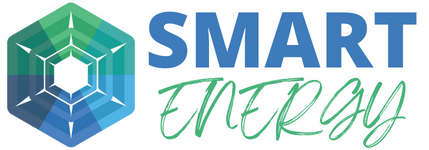Solar in Idaho can make sense for people who live off the power grid or use net metering (a system that credits solar power generated during the day with energy used at night). Solar in Idaho can also be more cost efficient than other alternative energies, depending on where you live.
For example, if you want to install solar panels on your roof, our map of Idaho's average energy costs will show you how much it would cost to generate an equivalent amount of power with wind, natural gas, coal or diesel fuel.
Solar power is growing more and more, that is why many are asking if does solar make sense in Idaho or is a waste of time to look into it. Well the news is that Idaho is a great State to considered solar energy.
When it comes to considered if a state is good or bad for solar, we need have in mind many factors Solar in Idaho can make sense on many levels, but depending on where you live, one places are better than others.
For example, if you want to install solar panels on your roof, our map of Idaho's average energy costs will show you how much it would cost to generate an equivalent amount of power with wind, natural gas, coal or diesel fuel.
That is why many are asking if does solar make sense in Idaho. We are going to go over why Idaho is a good for solar energy.
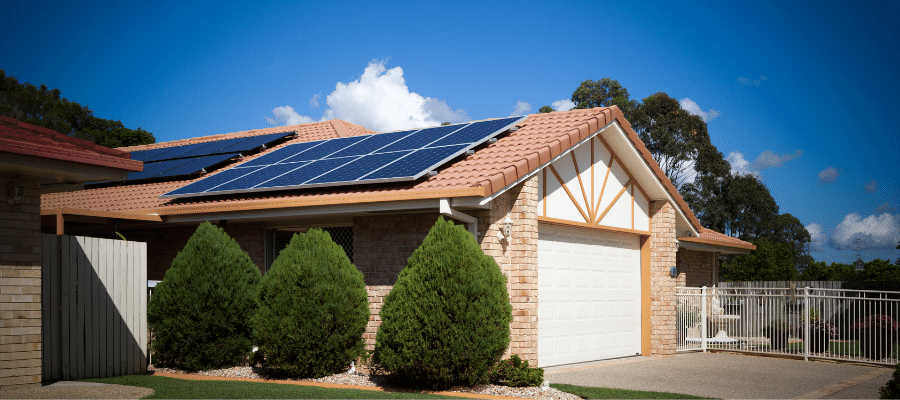
How solar works?
It is a well-known fact that the Earth receives more solar energy than it needs or can use in one day. This is because our planet is constantly exposed to solar radiation, and a small percentage of that beam reaches the surface. The most common method for capturing solar energy is with photovoltaic cells, more commonly known as panels.
When sunlight hits a panel, the cells absorb part of that energy and convert it into direct current (DC) electricity.
Solar is a great investment because there are many incentives. In addition, solar power can help to reduce greenhouse gas emissions that contribute to climate change.
The panels collect sunlight and convert it into electricity. Panels are made out of solar cells, which are tiny cells that create electric current when they're exposed to light. When sunlight hits a solar cell, some of the light energy is absorbed by the cell and the rest is reflected off it. When the absorbed energy reaches the maximum level, electrons are released and begin to flow in one direction.
This results in direct current (DC) electricity, which is then carried from the solar panels to an inverter.
The inverter changes the DC energy into alternating current (AC), which is what powers your home or business. When you're using electricity from the grid, your home's power meter spins clockwise; when you're producing excess energy, it will spin counter-clockwise.
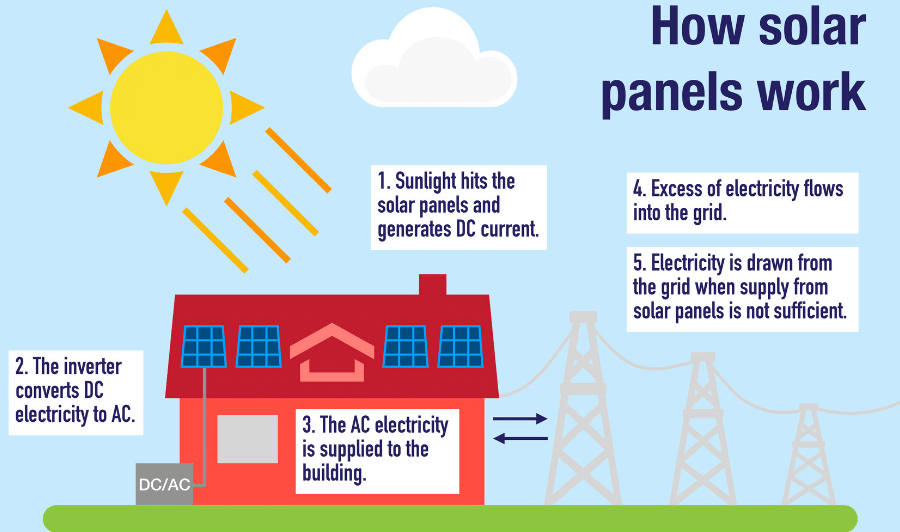
Net metering in Idaho
This is a process that credits solar power generated during the day with energy used at night. This stops you from building up an electrical debt (that you have to pay) if you do not use your solar panels.
Benefits of going solar in Idaho
The main benefits of net metering are:
It is an excellent way for consumers to lower their electric bills. Shelters and wildlife rehabilitators will usually be paid a dollar per kilowatt hour (kWh). In addition, net metering pays you if your power rate increases when you have solar panels.
Once you have installed solar panels, it will be interesting to read your meter regularly. That way you will know when the power purchase agreement begins and ends. Some power companies will automatically enroll you in net metering.
You do not have to install solar panels on your roof and they do not have to be of high output. If you are on a leased roof, this could be the case. It depends on your landlord's policies as well as the law in your state.
With net metering, you can pay for the electricity that is generated by your panels during daylight hours but then transfer it to a different account at night when you don't use it.
You can save up to 50% of your electricity. It is a great way to save money on your electric bill. You can also sell back the power that you generate through net metering to your utility company at times when the nearby electrical grid has an excess supply of energy.
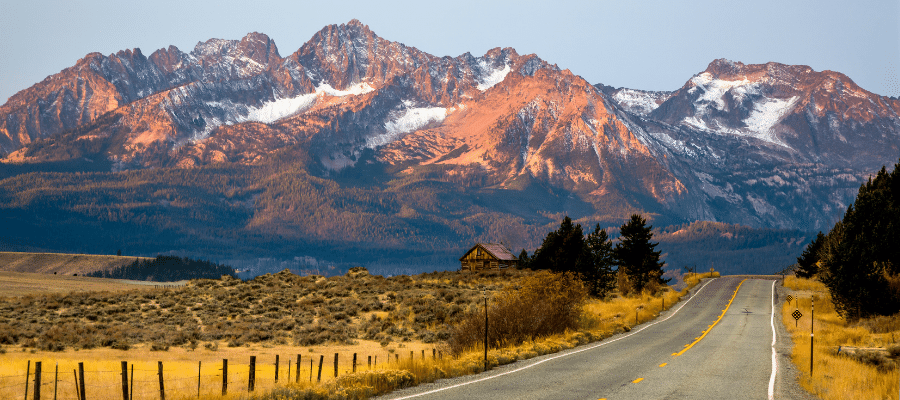
Idaho solar incentives
There are very few public incentives for installing solar panels. If you live in Idaho, you can receive a tax credit from the state that is equal to 30% of the cost of your solar panels, system and installation. Your homeowner's policy may also cover as much as 25% of your solar installation costs. This means that you do not have to pay taxes on the federal and state credits that have already been given to you through your homeowners insurance policy.
There are other ways that you can save money by installing rooftop solar systems. You might qualify for a subsidy from the federal government that is equal to 30% of your solar system costs. This means that you will not have to pay taxes on the federal and state credits that have already been given to you through your homeowners insurance policy.
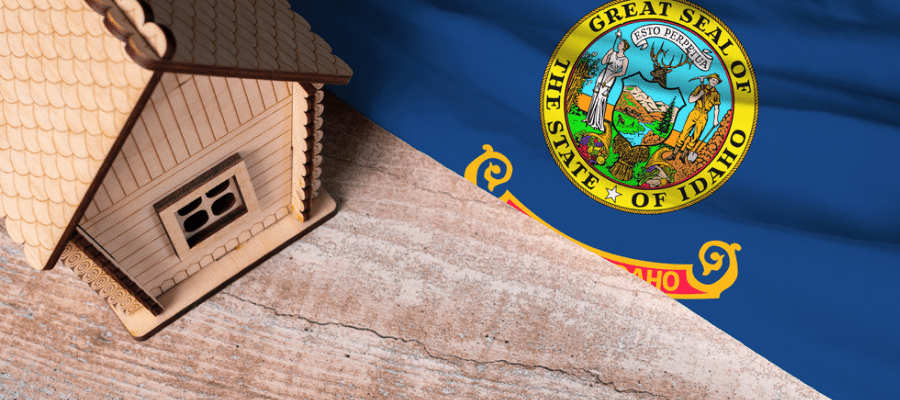
How much can you save by going solar in Idaho?
It is difficult to predict how much you can save by installing solar panels in Idaho. The amount of money you will save will depend on your location, the amount of electricity that you use, and the duration that you have your panels installed.
For example, if you live in Idaho Falls and use 2,900 kWh per month and are a residential customer with Rocky Mountain Power, then you could save almost $824 every year (based on estimates from Solar Power Calculator).
If you live in Idaho Falls, Idaho and use 2,900 kWh per month and are a residential customer with Rocky Mountain Power, then you could save almost $824 every year (based on estimates from Solar Power Calculator).
Solar panels are going to change the way that we use energy. Some of the ways that I have noticed have been: electric cars, battery production and solar farms. You might be happy to know that many solar farms have opened up in Idaho. However, there is one big problem with it all.
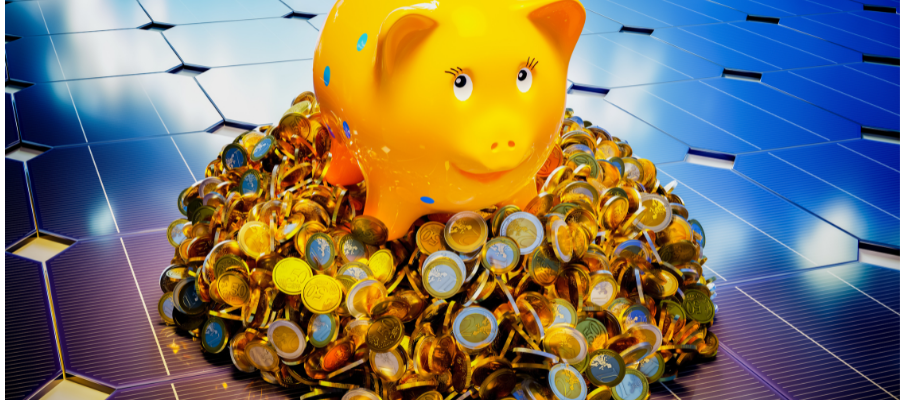
Idaho tax credit for solar
The federal government has a tax credit that is equal to 30% of your solar system costs for residential and business owners. You'll only see this credit on your bill if you are a residential customer who does not have solar panels or an energy storage device installed.
The Idaho tax credit for residential and business is as follows:
This is a 30% tax credit that is guaranteed by the state of Idaho, which means that you will still receive this credit even if your company's federal tax credits are phased out. The state of Idaho allows you to take the credit on your federal taxes, which means that you will not have to pay taxes on this credit.
The solar tax credit is not fixed, so it can change from year to year. If you install solar in Idaho using an American solar tax credit that is from 2019, then you should see a 30% tax credit.
Then, does solar make sense in Idaho?
To answer the question, does solar make sense in Idaho? The answer is yes! You do have to have a place to put your solar panels if you decide to install them. Solar systems can be installed on the roof of your home or business, the ground, or on floating platforms in water.
You need to determine if it is better for you to use a lease for the installation of solar panels, buy them with a loan, or pay cash for them.
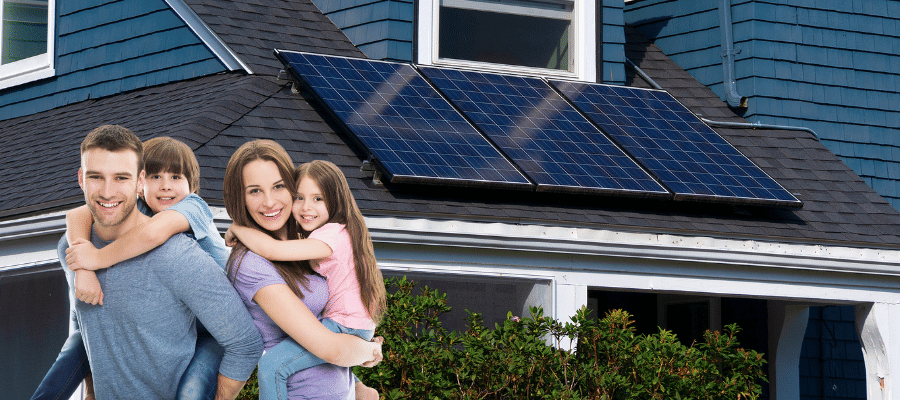
Get a free quote
See how much you can save by getting a free quote from Smart Energy USA. Our team of solar experts is waiting to answer your questions. The best part is that we don't charge any fees and we offer free quotes!
You do not have to install solar panels on your roof. You may be required by law to do so if you are on a leased roof. It depends on your landlord's policies, the law in your state, and your company's policies as well.
